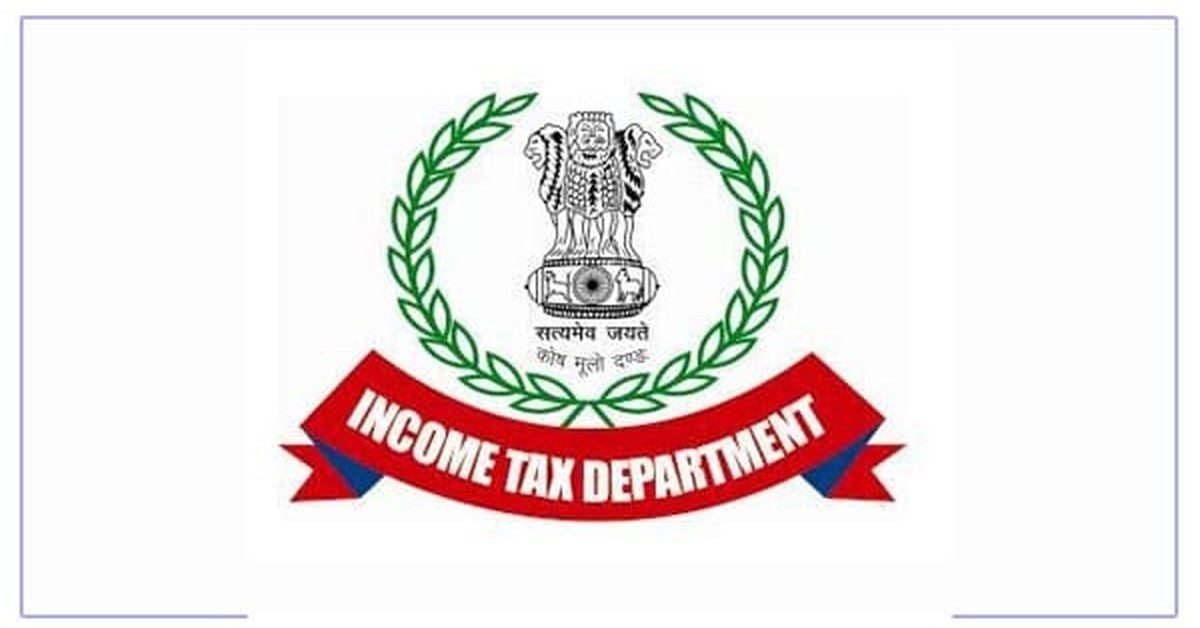In a significant move to bolster tax recovery and reduce litigation, the Income Tax Department has directed its officers to concentrate on the top 5,000 cases, which account for a staggering Rs 43 lakh crore in tax demand. This initiative is part of a broader strategy to maximize revenue generation as the government seeks to meet its extensive spending commitments.
High-ranking officials have been instructed to establish special teams dedicated to analyzing these high-value cases. These teams are expected to compile a comprehensive list and submit it to the Central Board of Direct Taxes (CBDT) by the end of September. The directive emphasizes a multi-pronged approach, particularly focusing on cases under litigation, where efforts will be accelerated to expedite resolutions.

One key aspect of this strategy is the review of cases dating back 10 years. The department will assess whether these cases should be written off or pursued with greater intensity. For cases where the assessees are untraceable, customized strategies are being developed to address the challenges in recovery.
The focus on tax demands is highlighted in the Central Action Plan circulated to officers for the current financial year. This plan is crucial as the government aims to increase revenue collection to support its large-scale spending initiatives. The department has estimated a net collectible demand of Rs 16.7 lakh crore, with a target to recover close to Rs 8 lakh crore. Notably, Mumbai is expected to contribute nearly 35% of this target, amounting to over Rs 2.8 lakh crore, followed by Delhi with ₹86,692 crore, and Tamil Nadu and Puducherry.
In addition to focusing on high-value cases, the department is also prioritizing the tracking of high-value cash transactions across sectors such as hospitality and healthcare. Officers are tasked with identifying individuals whose large transactions do not align with their reported income, ensuring that tax compliance is maintained across the board.
This intensified focus on tax recovery and demand management underscores the government's commitment to optimizing its revenue streams amid growing fiscal responsibilities. The Income Tax Department's proactive measures are expected to play a crucial role in meeting the country's financial objectives.







 CAclubindia
CAclubindia
